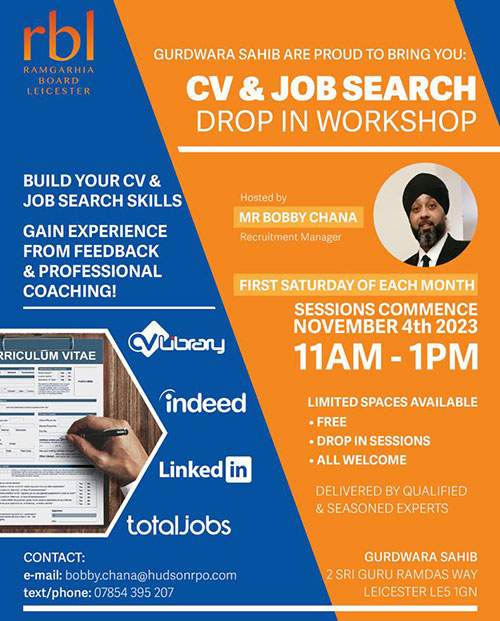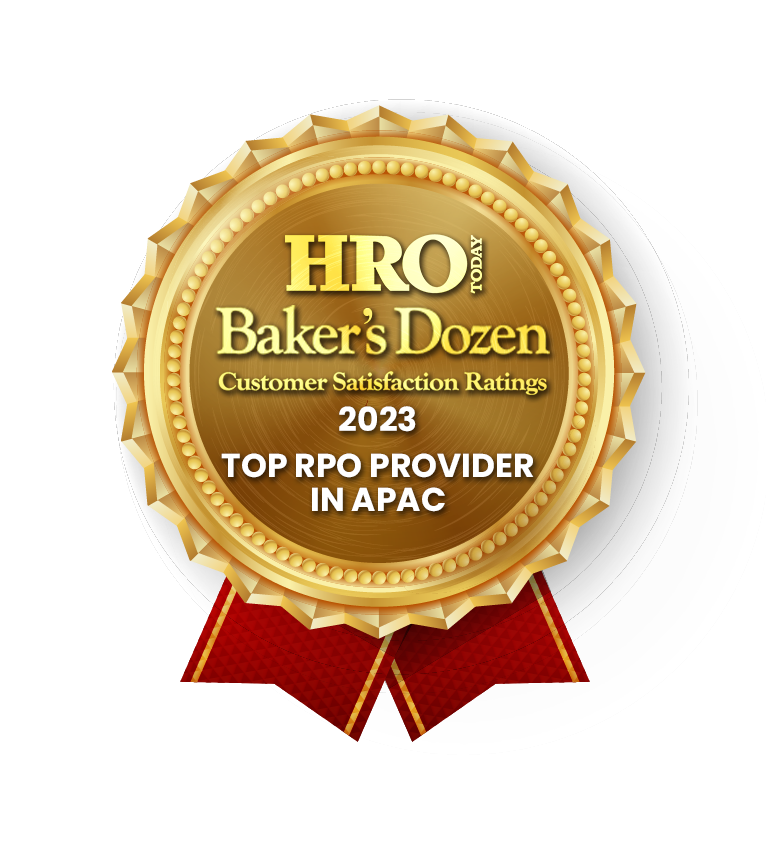- Blogs & Articles
Shaping the exceptional beyond the workplace
Earlier this year, we proudly took to our LinkedIn channel to share the outstanding achievement of our very own Ironwoman, Rev, who conquered the Port Macquarie Ironman competition. Little did we know, this was only just the start of a journey that would lead her to the iconic Ironwoman competition in Kona, Hawaii.
The Ironman World Championship, held in Kailua-Kona since 1981, stands as the ultimate challenge for athletes across the globe. It’s not just a race; it’s an ultimate test of strength, resilience, and endurance. Making it to Kona alone is a significant accomplishment, and Rev’s journey became a source of inspiration for all who followed her progress here at Hudson RPO and beyond.
The Hudson RPO community rallied behind Rev, who is our Senior Resourcing Specialist when not competing in triathlons. Prior to her Kona triumph, our onsite Macquarie Sydney team organized a baking fundraiser, showcasing the culinary talents of Jess, Ian, Carla, Melissa, Badrul, Amy, and Mandy. The unwavering support and rallying spirit of Rev’s team, whether in the professional realm or her personal endeavours, exemplify the unique and cherished team culture we foster at Hudson RPO.

On the race day in Kona, Rev showcased her prowess with astounding statistics, completing a 3.8 km swim in 1.25 hours, 180 km by bike in 7.17 hours, and a 42 km run in 6.21 hours. Rev’s journey from Port Macquarie to Kona is not just a personal triumph; it’s a testament to her dedication, commitment, and the way our teams support each other in the pursuit of excellence. Both in and outside of the workplace.

Hudson RPO
Content Team
The Hudson RPO Content Team is made up of experts within the Talent Acquisition industry across the Americas, EMEA and APAC regions. They provide educational and critical business insights in the form of research reports, articles, news, videos, podcasts, and more. The team ensures high-quality content that helps all readers make talent decisions with confidence.
Sign up to receive the latest recruitment insights and Hudson RPO news.


















